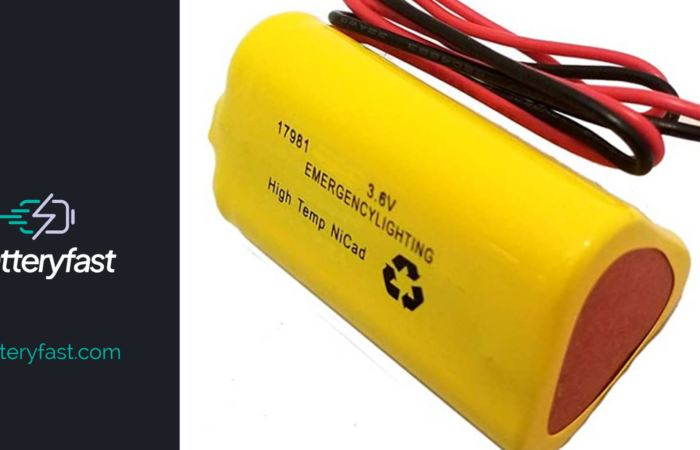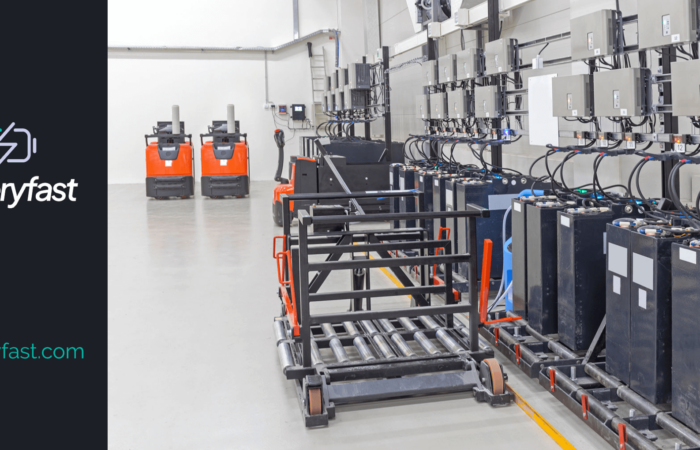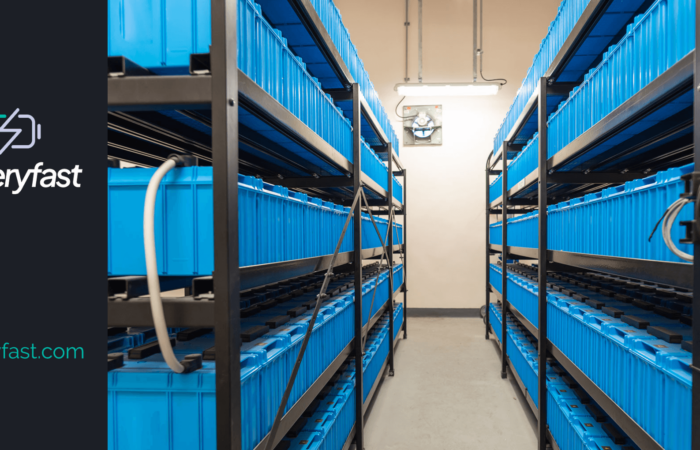NiCad vs NiMH
Fed up with all the talk about nicad vs nimh batteries? Don’t know which one is best for you? Let’s discover the distinction between these rechargeable energy sources. Learn which battery type offers improved performance and more dependable results. Make an informed decision now! Introduction Nickel Cadmium (NiCd) and Nickel Metal-hydride (NiMH) are two types […]





